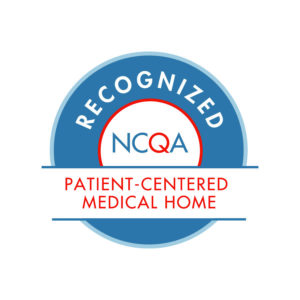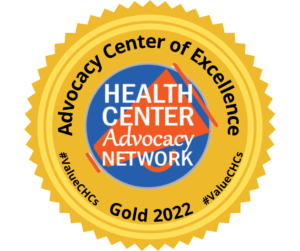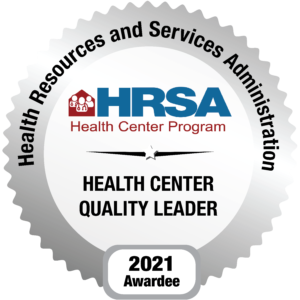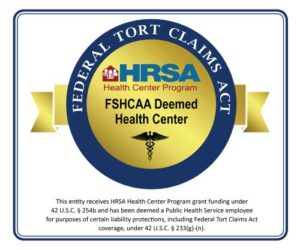Oconee Valley Healthcare recognizes the importance of Colorectal Cancer Month, which is observed every March. This is a time to raise awareness about this type of cancer and encourage people to get screened for it.
Colorectal cancer is one of the most common cancers in the United States, and it is also one of the most preventable. Screening tests can detect precancerous polyps in the colon or rectum before they turn into cancer. If detected early, colorectal cancer is highly treatable, with a five-year survival rate of over 90%.
Unfortunately, many people are hesitant to get screened for colorectal cancer. Some people may be embarrassed or uncomfortable discussing their bowel movements and rectal exams, while others may not realize the importance of early detection. This is where family doctors and practitioners can play a crucial role in educating and encouraging their patients to get screened.
At OVH, we make sure to discuss colorectal cancer screening with our patients, especially those who are over 45 years old or have a family history of the disease. We explain the different screening options, including but not limited to colonoscopies, stool tests, and virtual colonoscopies, and help our patients decide which test is right for them.
We also emphasize the importance of maintaining a healthy lifestyle to reduce the risk of colorectal cancer. This includes eating a balanced diet that is high in fruits, vegetables, and fiber, exercising regularly, and avoiding tobacco and excessive alcohol consumption.
Throughout Colorectal Cancer Month, we make an extra effort to raise awareness about the disease through patient education and social media posts. We also encourage our patients to spread the word to their friends and family members.
Colorectal Cancer Month is an important time for doctors to remind their patients about the importance of colorectal cancer screening and early detection. By educating our patients and raising awareness about this preventable cancer, we can help save lives and improve the health of our communities.






